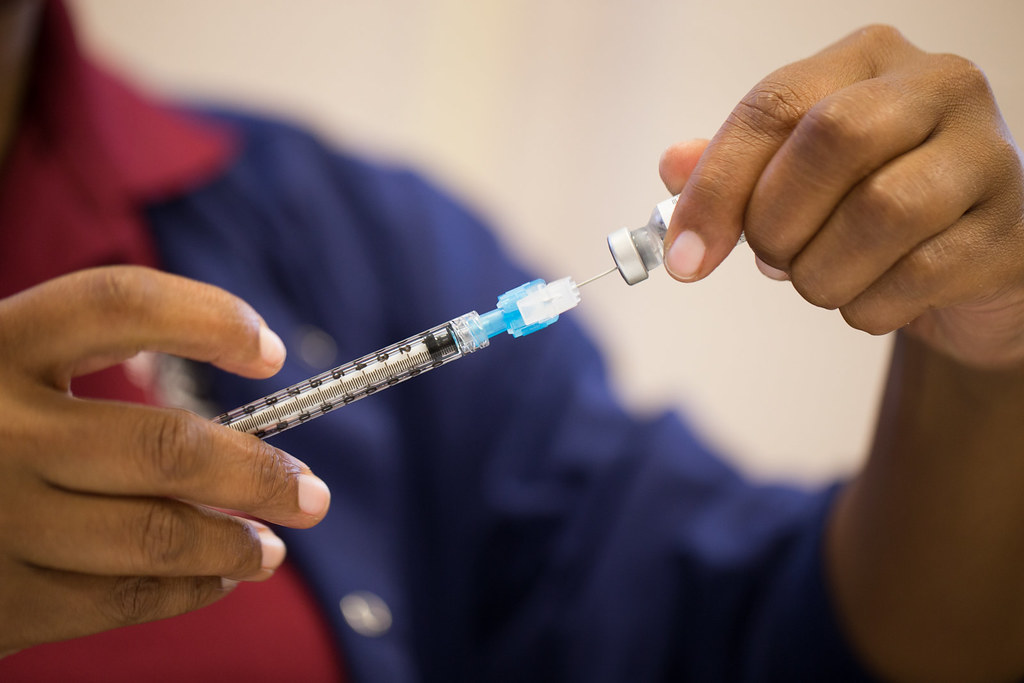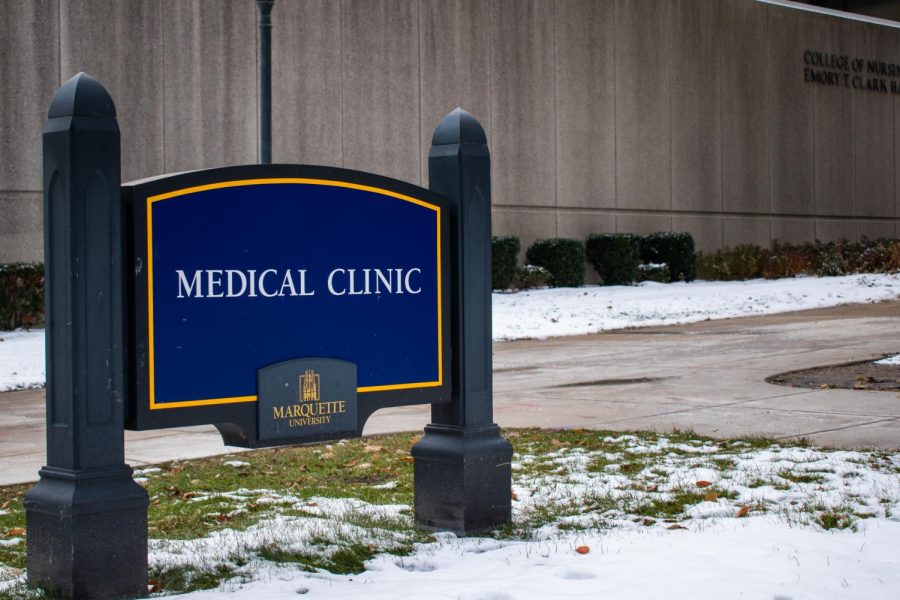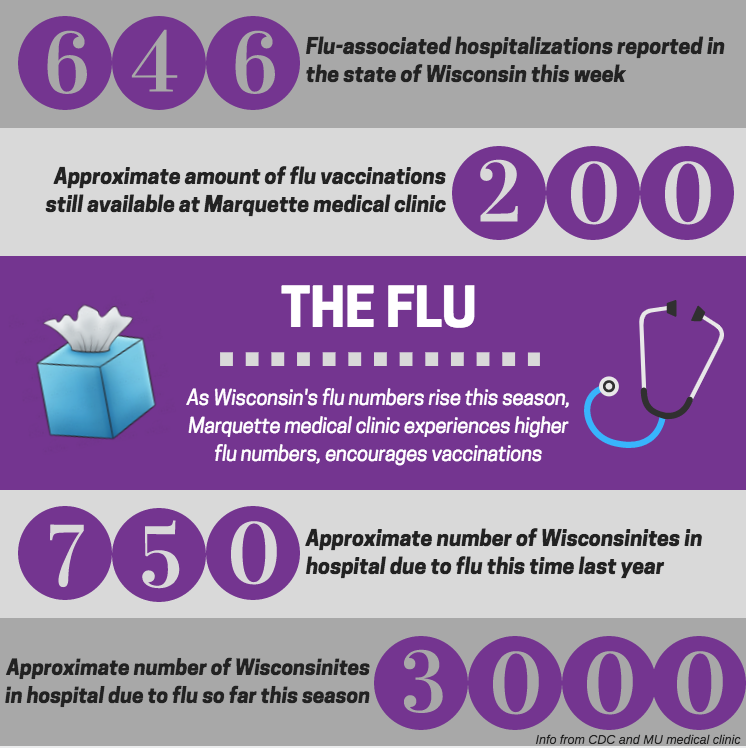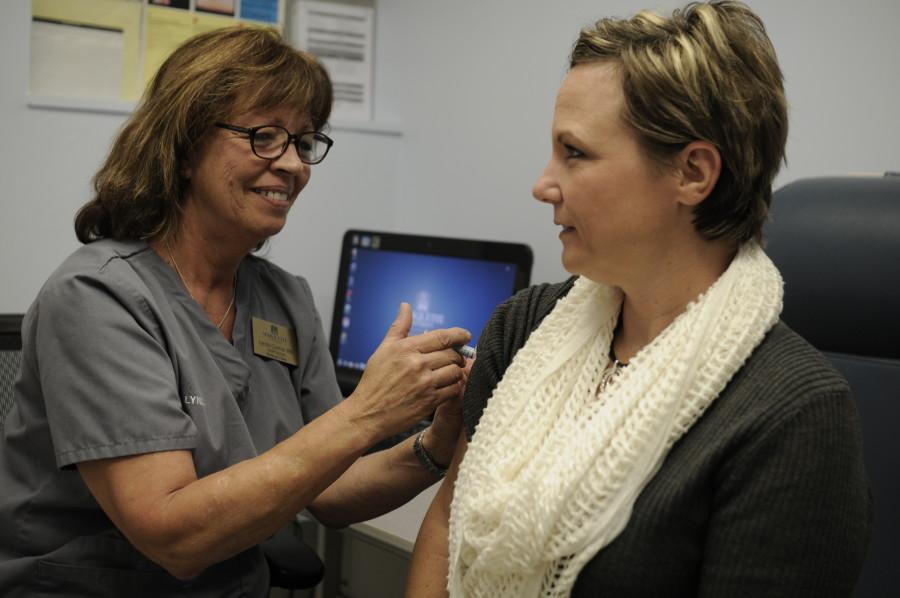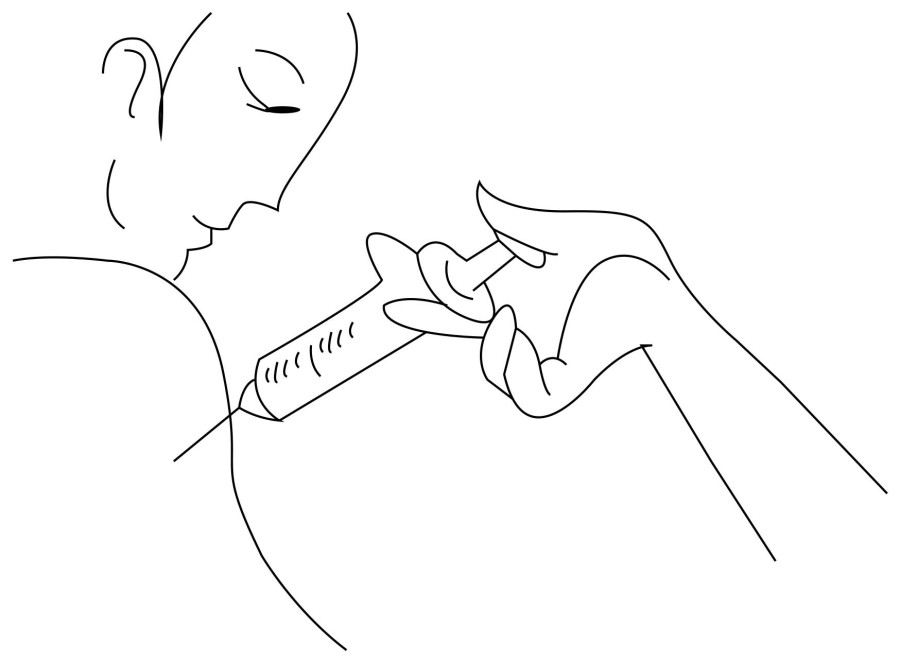Shelling out 25 bucks for a flu shot is excessive for cash-strapped students in a recession.
Student Health Service should help students combat this year’s predicted serious flu season by subsidizing the flu shot’s cost to $10 to make it more affordable for all students.
SHS will give prizes this year to students who receive the seasonal flu shot. Instead of handing out prizes, they should use the prize money to subsidize the shot cost.
The price tag might discourage many students from receiving the vaccine, especially at a time when students need flu shots the most.
Prior to entering college, parents typically oversee their child’s health care needs, including vaccinations. Taking control of their own health represents one of the biggest changes young adults experience when they attend college.
Students tend to think more short term when they spend money, so the flu shot falls lower on their list of priorities. Paying $25 for a flu shot has to compete with the next textbook to be purchased, next week’s groceries and weekend activities.
In addition, college students face a higher risk of catching the flu virus by living in close quarters, getting inadequate sleep, partying three days a week and swapping cups at parties.
Cutting the price to $10 would encourage more students to receive the shot and protect themselves against influenza. If more Marquette students get vaccinated, fewer students will become infected with the flu and would be less likely to infect others.
Subsidizing the seasonal flu shot for Marquette students should also be applied to the H1N1 vaccine when it becomes available in October.
The World Health Organization reports that nearly one third of the world’s population will be infected with the swine flu, severely affecting the young adult population.
Already, Washington State University has reported 2,000 students suffering from H1N1 symptoms, and many other campuses are reporting cases too.
If this is any indication of numbers at Marquette, the university should make sure that all students have access to this shot, in a cheaper way.
According to Anthony Fauci, director of the National Institute of Allergy and Infectious Diseases, the 2009 H1N1 influenza may be more prominent than the seasonal flu, and more transferable as well.
With such a deadly season approaching, it is more important than ever for college kids to beef up on the seasonal and H1N1 flu shots.
Basic prevention begins with coughing or sneezing into your bent arm, frequently washing hands and using hand sanitizers, and not sharing eating utensils. But a seasonal flu shot is the ultimate defense against influenza.
Student Health Service has started its campaign for seasonal flu vaccination and will bring the service to the students in each residence hall and the Alumni Memorial Union.
SHS has given 500 to 800 seasonal flu vaccines annually in the past. It hopes to administer more seasonal flu vaccines this year, and already has 3,000 doses ready because of the higher need anticipated for this year.
Subsidizing both flu shots, seasonal and H1N1 (when it arrives), could make a difference in the number of students who are able to afford the vaccine, and limit the harmful impact on our campus community.


